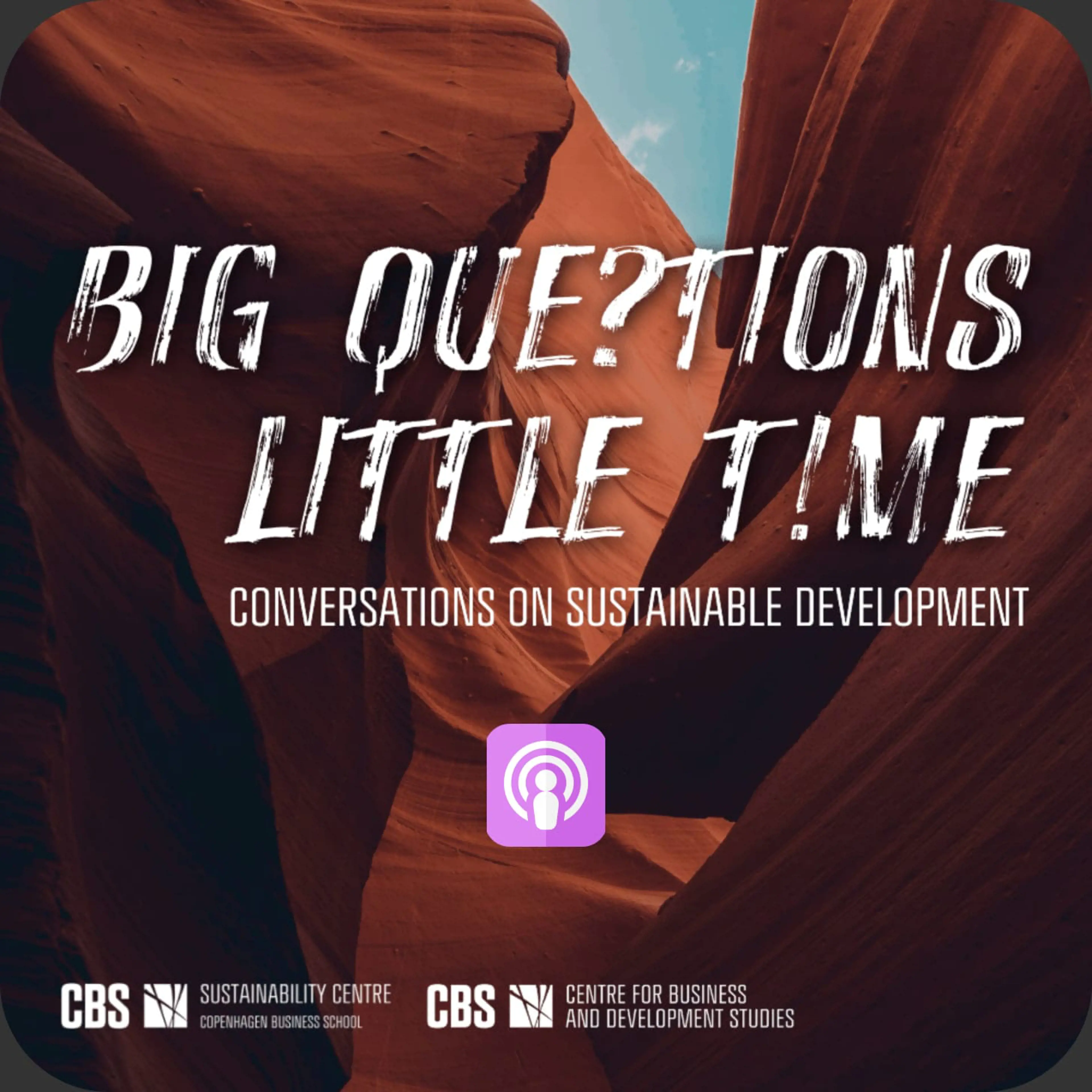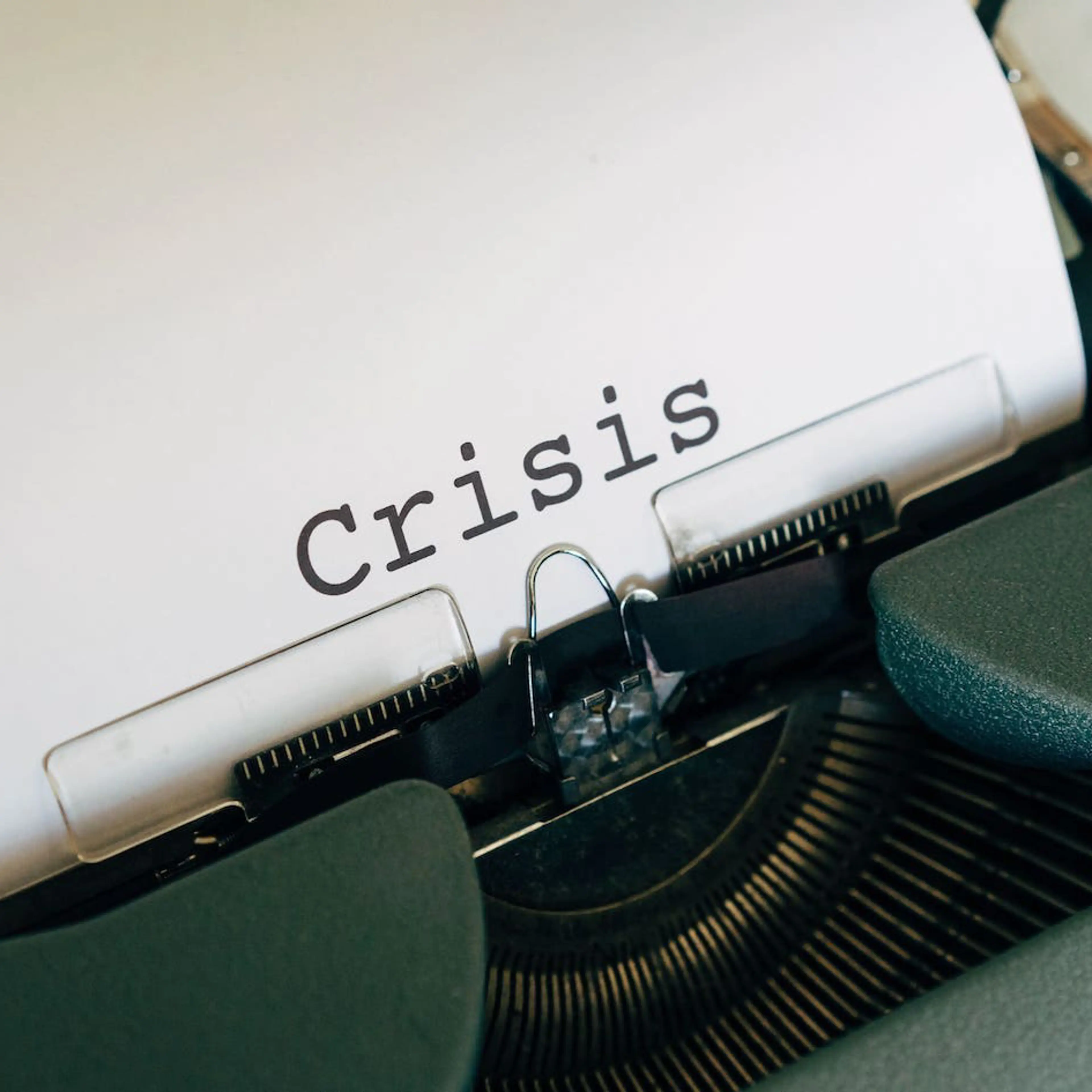The sustainability agenda has gained traction in Danish business life: More and more Danish companies place sustainability at the top of the agenda and set strategic goals for how they want to create positive change. This is what Steen Vallentin, associate professor at CBS and academic co-director at CBS Sustainability Centre, a centre for sustainable research at CBS, tells us:
"Sustainable development has been under way for the last 20 years in the Danish business community. In the past, there was a tendency for companies not to set the bar too high for fear of not being able to meet their goals, they now present ambitious goals. Now, they present ambitious goals, join the debate and want to be part of the solution to the world's challenges. The genie is out of the bottle," says Steen Vallentin and elaborates that this is not least due to the fact that there is extreme public attention in the area:
"We have climate activists like Greta Thunberg who attract attention. A climate act is being debated, which will oblige companies to make changes. We have the The Global Goals. And then our children are taught sustainability and climate at school. It's hard to ignore. Even if you are a company.”
According to Steen Vallentin, sustainable business thinking is not reserved for certain industries, and there are no limits to who lets sustainability and climate stand as a headline in the strategy:
"We see it in companies such as Novo Nordisk, Carlsberg and Mærsk, but also in e.g. the agricultural sector and among companies such as Danish Crown, which have not previously been associated with sustainability or climate considerations. But you only succeed if you actually put action behind the words.”
One of the companies that has not traditionally been associated with sustainability, but which has now taken sustainability into its strategic objectives, is the global convenience and fuel supplier Circle K, which also has activities in Denmark and accounts for a fifth of Denmark's total oil consumption for transport, industry and heating. The company has an ambition to become part of the solution to the world's challenges in climate and sustainability – instead of being part of the problem.
"Transport has had and has an enormous importance for modern society, because it is what connects people. But the transport industry is also part of the problem, as it accounts for 30 percent of total CO2 emissions. Therefore, we have an obligation to take responsibility and run our business in a more sustainable direction. We think so ourselves, and so do our customers," says Mette Uglebjerg, CEO of Circle K Denmark.



